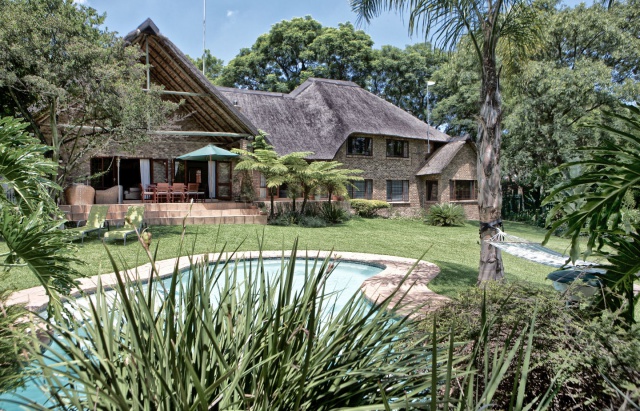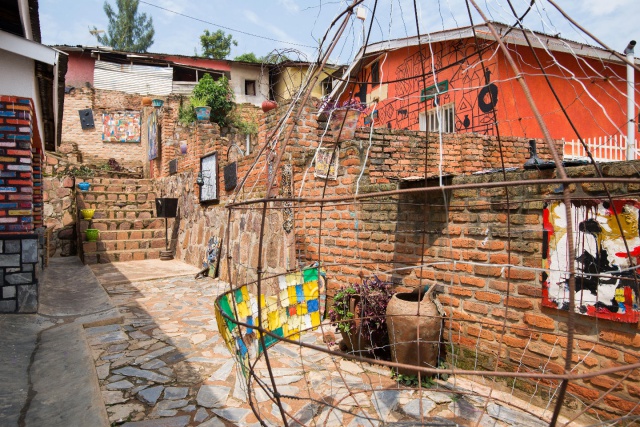Q&A, Nicola D'Elia, Airbnb
By Robin-Leigh Chetty 11 August 2015 | Categories: news
Having recently made its official launch in SA a few short weeks ago, we chatted to Airbnb's Nicola D'Elia, GM for Middle East and Africa, about what the platform has planned for South Africa and the rest of the continent.
TechSmart: What was the motivation behind choosing South Africa as the first African country to officially launch Airbnb in?
Nicola D'Elia: It was easy! South Africa is by far our biggest market in the region, representing approximately a third of all the Airbnb listings we have in Africa. We’re already experiencing strong growth in South Africa and we see the potential for this to accelerate even further. I don’t see any reason, for instance, why Cape Town couldn’t become one of our top cities worldwide in the next couple of years.
TS: Sharing economy apps (i.e Airbnb, Uber) are getting a lot of attention. What makes them such an interesting proposition for potential users?
ND: In Airbnb’s case, the roots of our growth came with the recent economic crisis in the US and Europe. Airbnb became a way of allowing people to make a little extra money from their homes to help pay the bills, or even stay in their homes. For travellers, Airbnb offered an often more affordable way of visiting cities. Since then, the motivations for users have become much more than financial.
We hear from hosts how they love meeting people from around the world and showing off their home cities, or how their Airbnb income has helped them support themselves going freelance or launching their own businesses. And we hear from guests how staying in a home gives a far more local and authentic experience of a place and often brings them to neighbourhoods off the beaten track. Airbnb is tapping into a trend whereby people are moving away from standardised, mass market travel where everyone has the same experience, and instead looking for far more personal and unique trips.

TS: Airbnb’s growth since 2008 has been substantial, are you expecting the same sort of growth with South Africa, as well as other African regions?
ND: Yes, we see huge potential for the region as a whole. Our current growth has been mainly driven organically by word of mouth and we have already doubled the size of our business in the last year. By building a team and investing more resources in Africa we aim to further accelerate this growth.
TS: At the recent launch event for Airbnb in Johannesburg, concerns from the media where raised regarding safety for both Airbnb hosts and users. Are there in fact legitimate security concerns that potential Airbnb users should be aware of?
ND: Nothing is more important to us that the safety and security of the Airbnb community. We have a global Trust & Safety team of more than 200 people that work in every time zone to help protect the community. And we have a variety of ways for guests to research their hosts and listings before a reservation.
Guests can look for detailed profiles, authentic reviews, verified photography, and look for hosts that have completed Verified ID, which connects a person’s offline identification (like a passport) with the online profile they’ve created on Airbnb. Then finally, like any traveller, we recommend guests consult their relevant government department’s travel advice services for any threats or security situations they need to be aware of.
From a host perspective, they have total control over who they accept bookings from and can also benefit from features such as reviews of the guest, their verified ID and personal profile.
TS: Cuba is certainly one of the success stories for Airbnb, has the company learned anything from its experiences there to better help it in establishing itself within SA?
ND: Cuba really taught us valuable lessons about approaching two challenges we also expect to face in parts of Africa - payments and internet access. The penetration of internet access and bank accounts is very low in Cuba, so we had to look into new ways of allowing hosts without an internet connection to manage bookings and, without a bank account, to accept payment. We identified a network of third parties that had internet access and could connect with hosts to help them manage their listings and accept bookings and payments.
TS: Although it is the early stages of Airbnb’s official status in the country, can you divulge any future plans that the company has for South Africa?
ND: My main focus now will be building a team with local expertise and starting to engage more with our host community in the country. We got to meet with some of our Johannesburg hosts before our launch event to hear about their experiences and we want to do much more of this in the other main cities. Our community is very much the core of our business and engaging with them to take local learnings is a top priority.

Images courtesy of Airbnb.
Most Read Articles

Have Your Say
What new tech or developments are you most anticipating this year?



